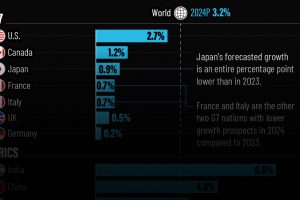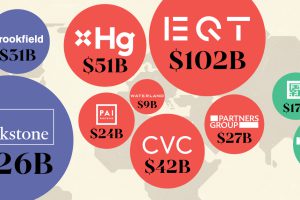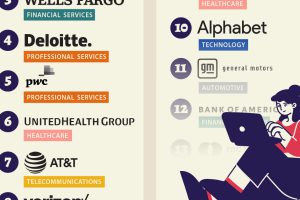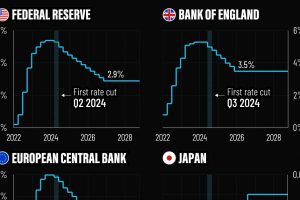As consumers, we are used to researching the many choices we have before making a buying decision.
For most people, the process of buying a new product (such as a car) might look something like this:
- Recognize a need
- Search for information
- Evaluate options
- Make a purchase
- Evaluate satisfaction with purchase
In other words, we figure out what we need, and then we seek to learn more about our choices. After reviewing relevant articles, product ratings, buyer reviews, and other sources of information, we can make a final and informed decision.
Same Process For Picking Investments?
Does the above process look similar to how you approach investing, particularly in choosing funds?
If so, Vanguard says it might be worth re-framing how you look at things. Here’s why picking investments is different.

Vanguard, which manages over $3.5 trillion in assets, may have a good point.
The past performance of a car model is hugely important to a consumer’s decision. That’s because the next Honda Civic built in the factory is guaranteed to be much like previous Honda Civics before it.
For investments, however, everyone knows that past performance does not predict future results. And even though this advice is ubiquitous in the investing world, it is still commonly ignored by many investors.
Here’s what happens to top performing funds:

Even though top funds did well in previous years, there isn’t much correlation with the future.
In the above case, top-rated funds got an influx of capital, which made it harder to get the same return. Funds rated five stars by Morningstar received $60.7 billion in new inflows, but dropped 147 basis points in annualized returns in their subsequent 36 month periods.
The other reason for this is that fund management is just a relatively level playing field, and it’s hard to stay a top performer over the long-term.
The best funds leading up to 2010 were all over the place for the next five years, and only 16.2% of them continued to be top performers. Meanwhile, an astonishing 24.1% of the top performing funds fell to the bottom performing quintile, while 12.5% of funds were liquidated or merged.
Keeping this all in mind, Vanguard recommends adopting a different process for picking investments:

We can’t say we disagree for almost any type of portfolio.





